by Al Hemingway
As the light of a sickly green flare shot skyward, three Marines from the 11th Machine Gun Squad, H Company, 2nd Battalion, 1st Marine Regiment crouched in the hole awaiting the Japanese onslaught on Guadalcanal. The trio, Corporal Leroy Diamond, Pfc. John Rivers, and Private Al Schmid, were manning a .30-caliber machine gun on the west bank of the Tenaru (Ilu) River. Sandbags and coconut logs were placed around the hole for protection, and palm leaves and jungle growth further concealed them from the enemy.
[text_ad]
About 2 am, as the flare lit up the night sky, the Japanese stormed across the sandbar screaming at the tops of their lungs, taunting the leathernecks to open fire to reveal their positions. As the bloodcurdling yells of “Banzai” pierced the dank air, Rivers, who was manning the machine gun, did not open fire.
Suddenly, There was a Brilliant Flash and Concussion as a Lone Japanese Soldier Crawled Close Enough to Lob a Grenade at Schmid.
As the enemy hordes neared their hole, Rivers squeezed the trigger, raking the columns of Japanese. The Browning spit hundreds of bullets, temporarily stopping the assault amid the screams of the wounded and dying. The enemy soon focused on the Marine machine gun, and the sharp crack of Arisaka rounds filled the air.
Suddenly, Rivers was struck numerous times in the face, killing him instantly. As he fell backward, his finger remained on the trigger, sending out another 200 rounds at the enemy. Overcome with rage at his friend’s death, Schmid leaped on the weapon and took his place. Diamond kept reloading the machine gun as Schmid maintained a constant barrage of .30-caliber bullets tearing into the Japanese. When a bullet smashed into Diamond’s arm, rendering it useless, Schmid had to take on both jobs of firing and reloading. Bullets whizzed all around the two Marines as Schmid kept the pressure on the Japanese for four hours.
Suddenly, there was a brilliant flash and concussion as a lone Japanese soldier crawled close enough to lob a grenade at Schmid. Shrapnel peppered his face, tearing into his eyes, blinding him. Although in intense pain, he got behind the machine gun and, with Diamond ‘s direction, Schmid continued to let loose a broadside at the attackers.
When he was finally relieved, Schmid passed out from sheer exhaustion. He returned to the United States in the fall of 1942 and was a patient at the naval hospital in San Diego, California. The Pennsylvania native underwent scores of operations on his eyes and face. Through the concerted efforts of Virginia Pfeiffer, a Red Cross worker, Schmid began the long road back to recovery. Sadly, he would lose the sight in one eye completely while the other was severely damaged. Pfeiffer wrote Ruth “Babs” Hartley, Schmid’s fiancée, keeping her abreast of his condition.
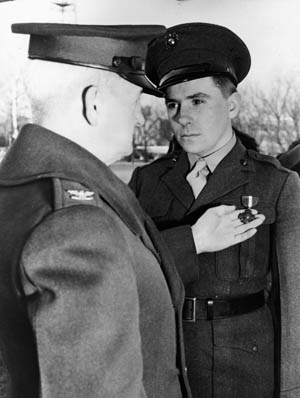
For their extraordinary bravery, both Schmid and Diamond were awarded the Navy Cross on February 18, 1943. Schmid went to Washington, D.C., and met President Franklin D. Roosevelt and the Joint Chiefs of Staff.
Over the next few years, Schmid was inundated with accolades. In Philadelphia, his hometown, a parade was held to honor him. The Philadelphia Enquirer gave him its Hero Award and a check for $1,000. Author Roger Butterfield wrote a best-selling story entitled Al Schmid—Marine. A movie, Pride of the Marines, starring Hollywood legend John Garfield, was released in 1945. The film was a huge success at the box office.
Schmid’s biggest battle was against his blindness. He struggled to be treated like any other person. Schmid later recalled, “When I came back I was the most disgusted man you ever saw. I didn’t want to bother to do anything. I could see people looking away from my ugly scars. They wouldn’t want to associate with me.”
In April 1943, Schmid and Babs were married. With the assistance and love from his wife, Schmid slowly regained his confidence and partial sight in one eye. Relocating to St. Petersburg, Florida, the former Marine became an accomplished fisherman and played the organ. Another pastime he ardently pursued was that of a ham radio operator. Sadly, he succumbed to bone cancer and passed away on December 12, 1982. He was laid to rest with full military honors at Arlington National Cemetery.
Throughout his life, Al Schmid exemplified the word “hero.” Although he would be the last to think of himself as such, Schmid was a role model to all who knew him. The title of the movie certainly is most appropriate when describing him. Al Schmid was the Pride of the Marines.
This article was originally published in the November 2007 edition of WWII History magazine
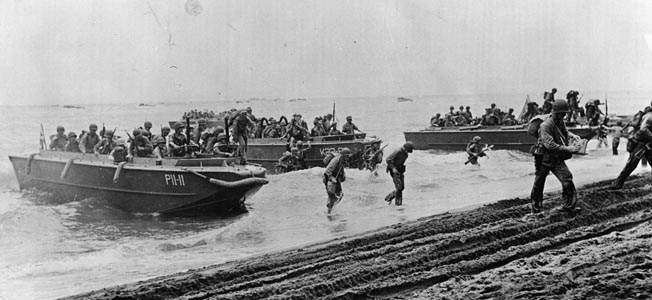
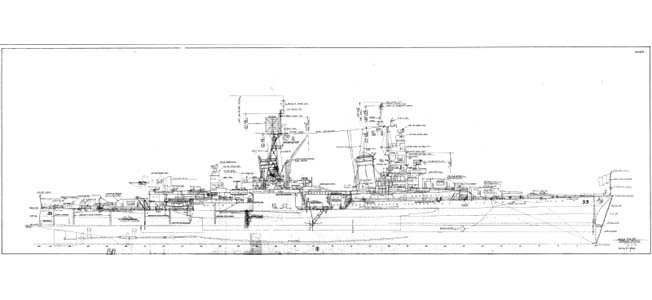
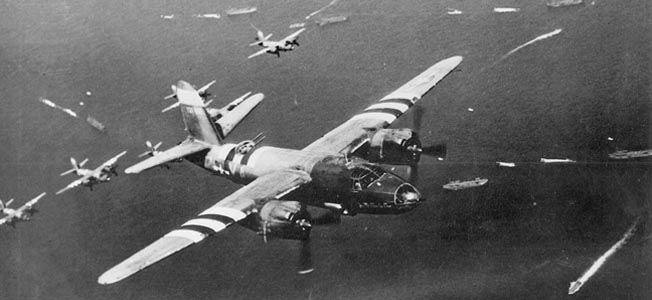
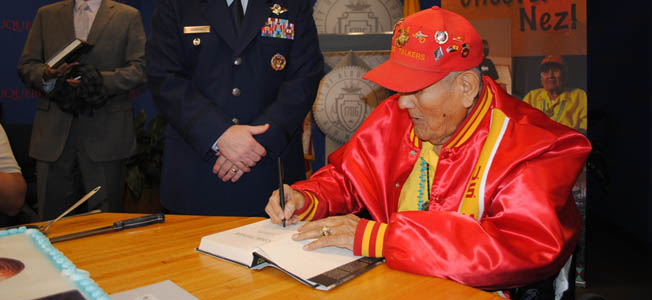

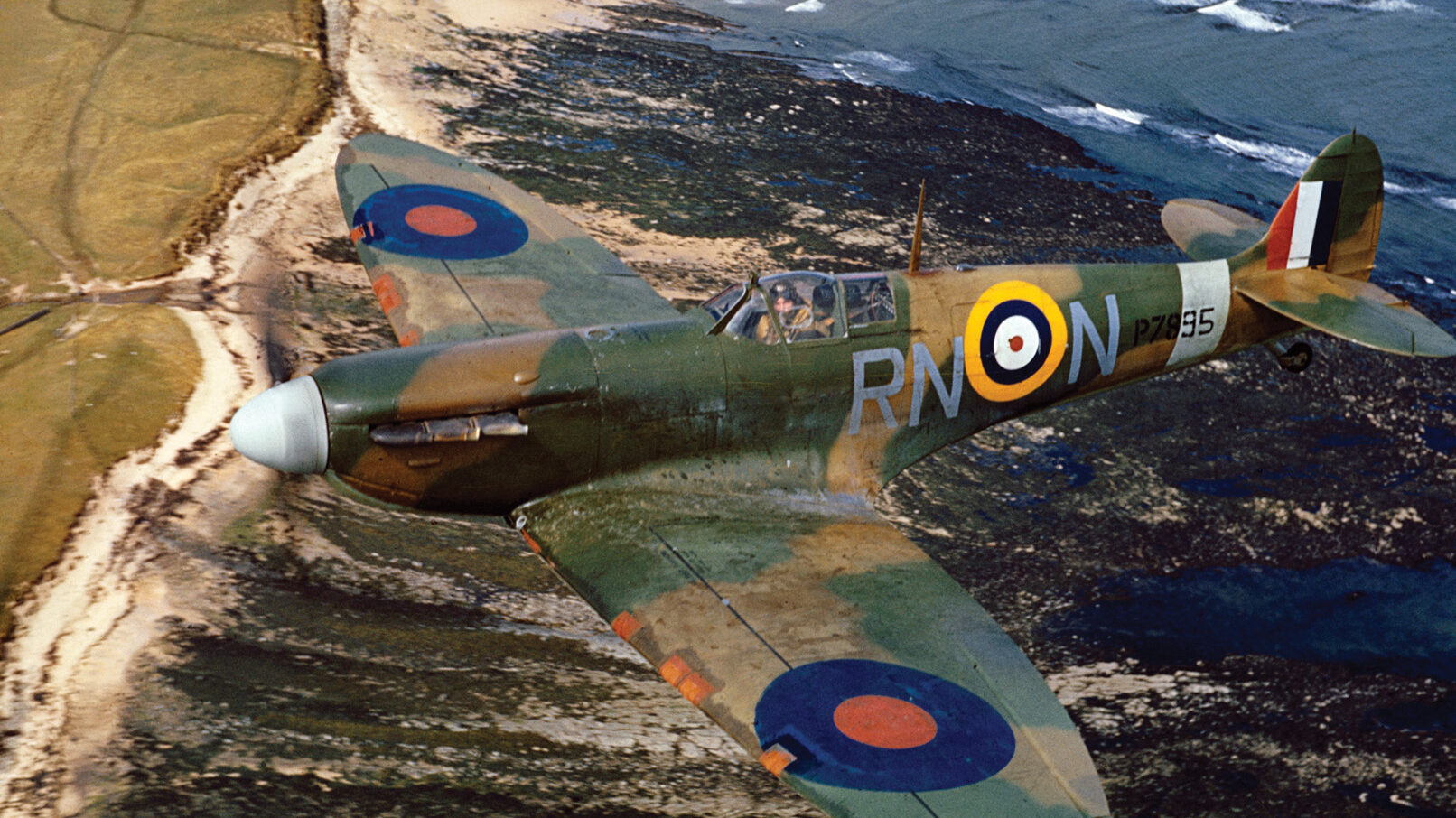
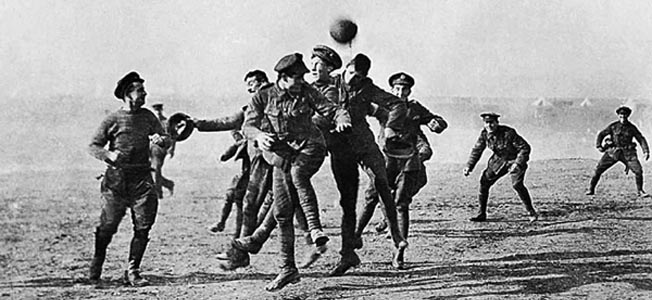
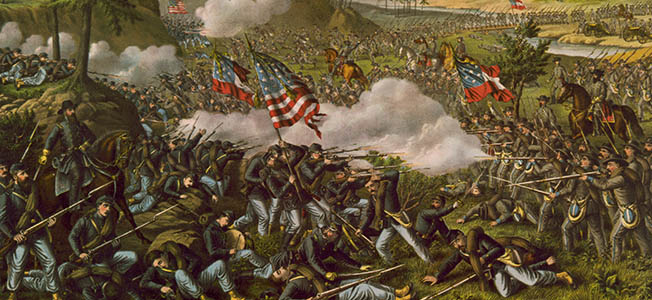
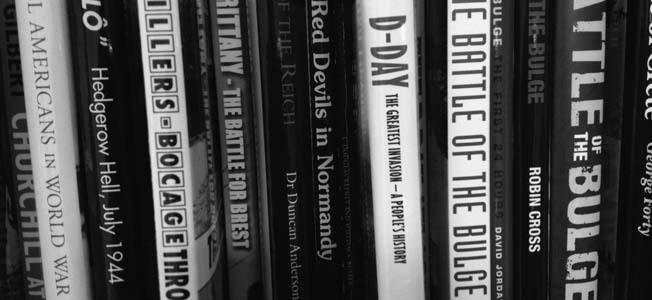
I have MA in Military Studies, and A member of three national mitary historical organizations.
i remeber his story well. He was the pride of the Marines. Diamond his Marine buddie was amased at him. Al was out of amuation and with his 45 in his hand told Diamond to tell him where the Japs were coming from.
So John Basilone and Al Schmid were both heroes at Guadalcanal ?